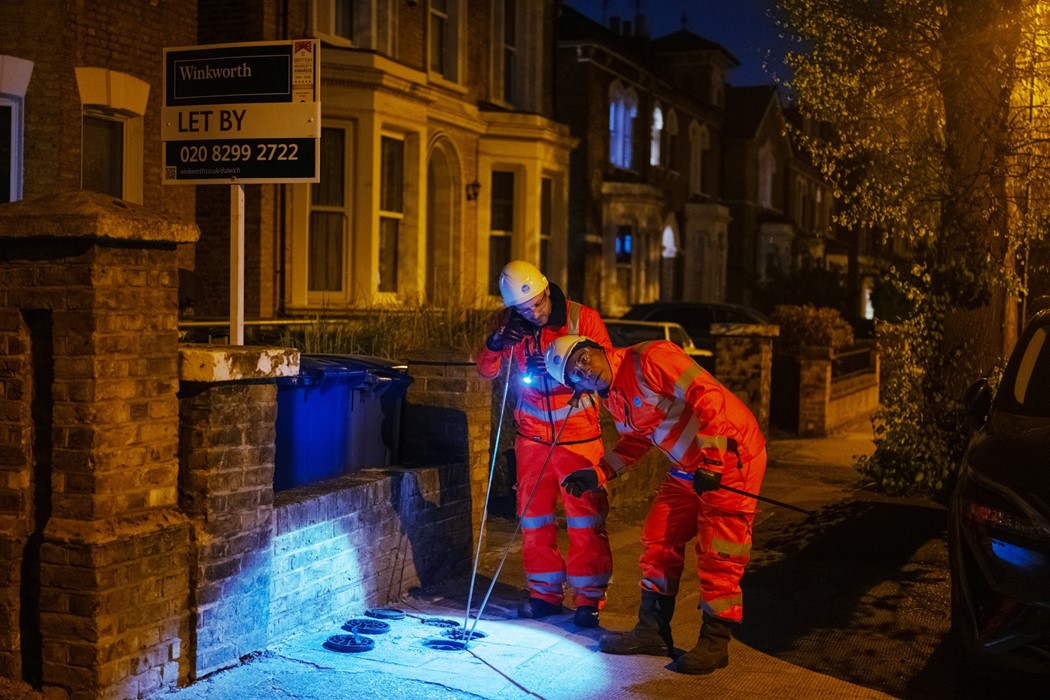It Will Take 700 Years to Replace UK Water Grid at Current Pace
Apr 24, 2025 by Bloomberg(Bloomberg) -- The UK’s privatized water sector has been so slow in fixing the nation’s network that it would take 700 years and billions of pounds to replace its aging pipelines at current rates, according to a watchdog.
Water firms have often overshot their allowed expenditure — adding some of those costs to consumers’ bills — but they’ve failed to keep pace with what’s needed, the National Audit Office said in a report on Friday.
Britain’s private water companies have been in the spotlight over systematic sewage spills and chronic leaks, following decades of poor government oversight. The industry is now bracing for its biggest overhaul since privatization in 1989 as many utilities struggle with debt racked up by international investment funds that own them.
Three out of 16 UK water firms are now unable to make certain financial transactions without permission from regulator Ofwat due to poor credit ratings. The largest among them, Thames Water Utilities Ltd., which serves a quarter of England — is in talks to restructure its heavy debt and find a new owner to avoid falling into temporary state ownership.

Meanwhile, the rate of replacement of water mains has been 0.14% a year recently, NAO said in the report. That’s down from an average 0.83% since privatization, which allowed network replacement once every 125 years. At the current pace the task would take 700 years, it added.
Also, the sector falls between multiple regulators, without “a shared understanding of the condition of water and wastewater assets, and the level of funding needed to maintain them,” according to the report.
Water companies expect to spend almost £290 billion ($386 billion) on infrastructure improvements in the next 25 years — from meeting the country’s environmental ambitions to upgrades in cyber security, NAO said. And that’s “on top of normal day-to-day spending.”
The need for more investment coincides with a period of weakening financial performance and declining public trust, according to the report.
To address these challenges, including an anticipated daily shortfall of 5 billion liters of water by 2050, the sector “needs to attract an unprecedented amount of investment,” the watchdog added.
©2025 Bloomberg L.P.
By


















